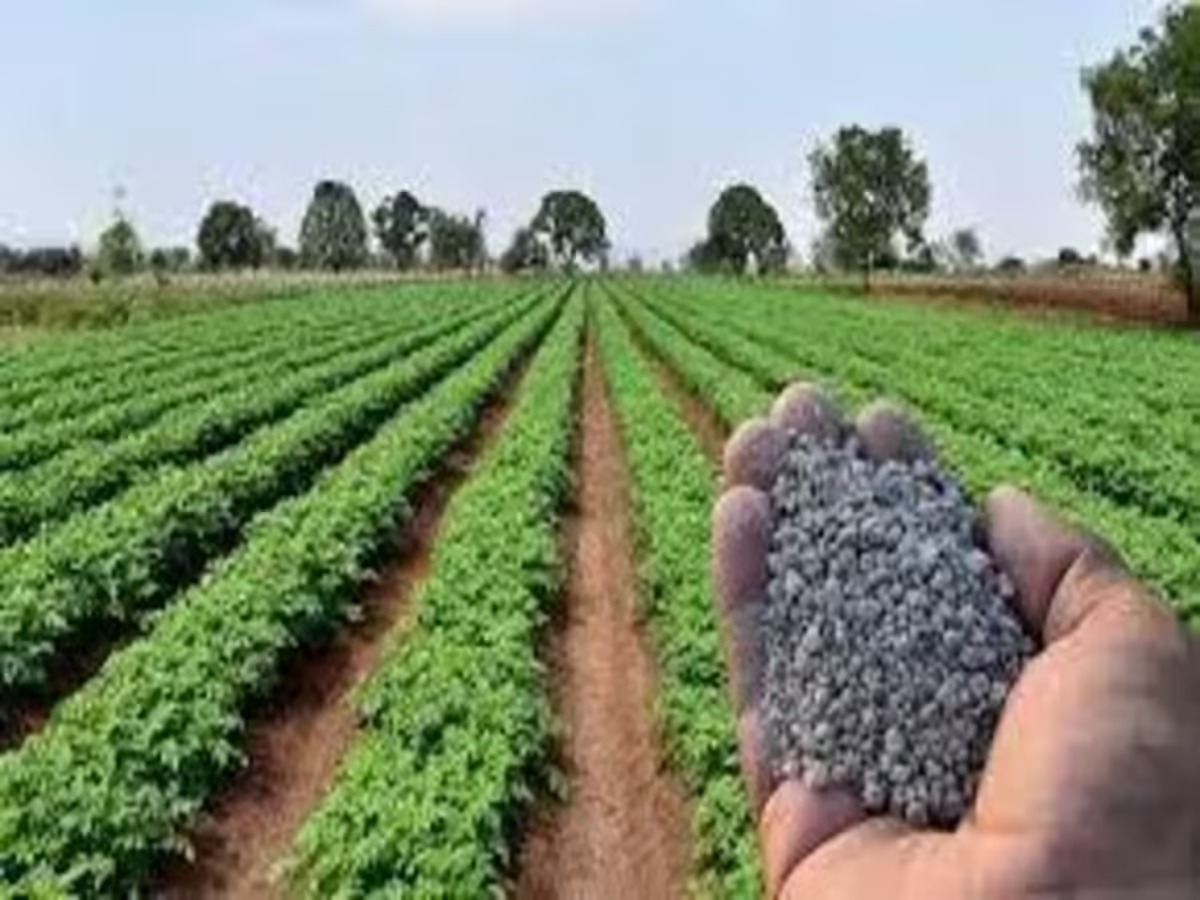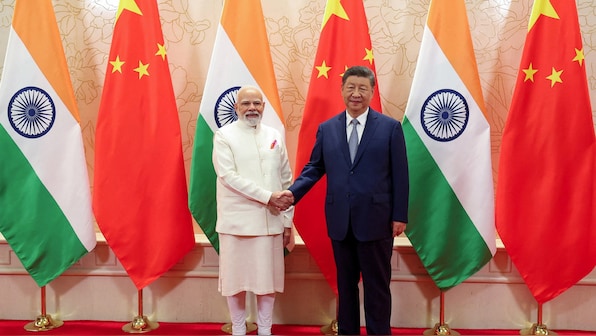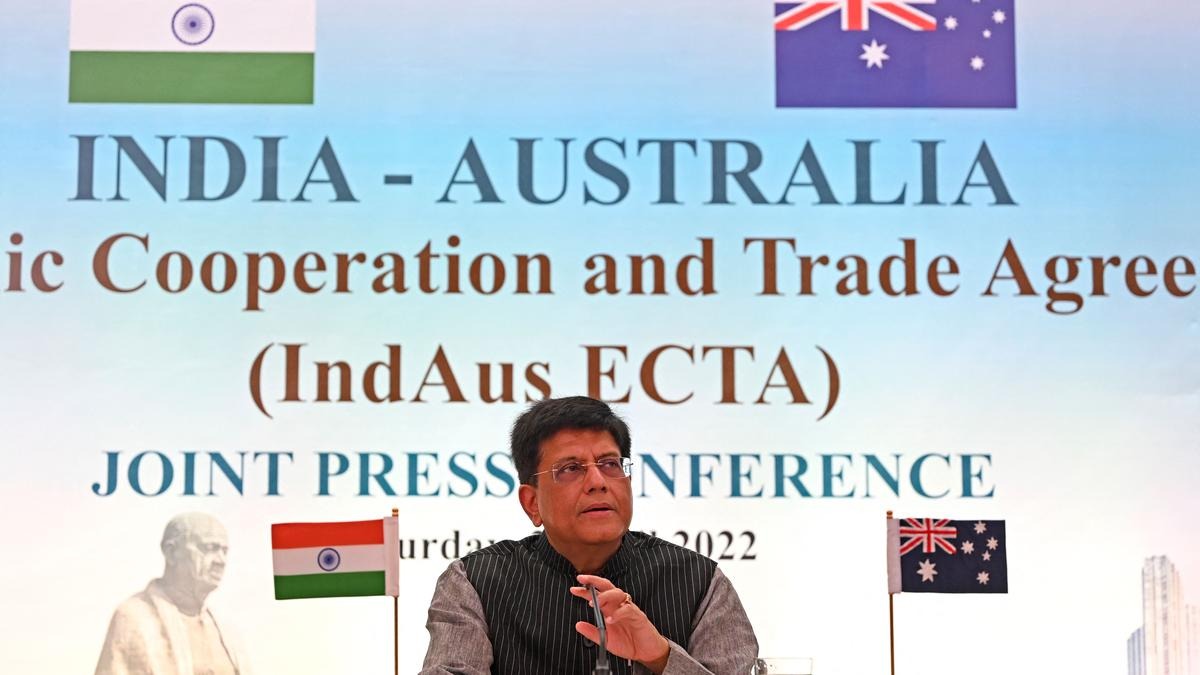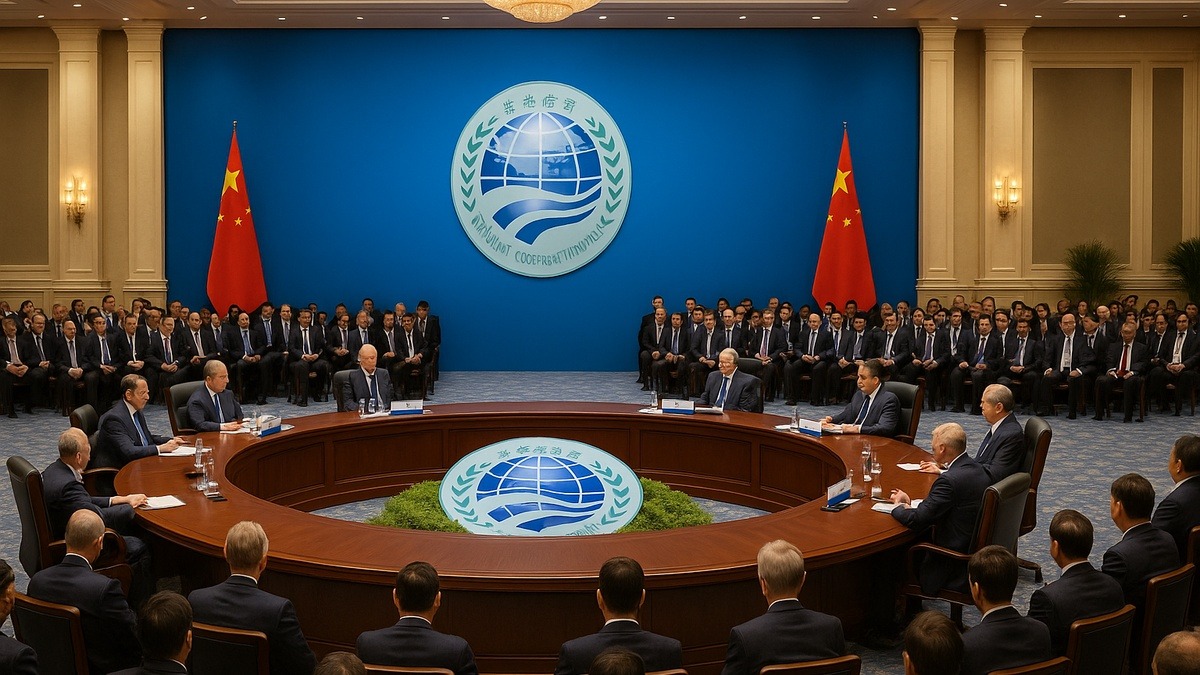
Follow WOWNEWS 24x7 on:

India has achieved a landmark breakthrough in agricultural innovation with the development of its first indigenous water-soluble fertiliser technology, a move poised to significantly reduce the country’s reliance on Chinese imports. The announcement, made on August 31, 2025, comes amid rising concerns over China’s reimposition of export curbs on specialty fertilisers starting October, which could trigger price surges and supply disruptions for Indian farmers.
The new technology, developed after seven years of intensive research led by Rajiv Chakraborty, President of the Soluble Fertilizer Industry Association, is backed by the Ministry of Mines and aligns with the Make in India initiative. It promises to transform India from an import-dependent consumer to a potential global exporter in the specialty fertiliser segment.
Key Highlights From The Breakthrough
- India currently imports 80 percent of its specialty fertilisers directly from China, with another 15 percent routed indirectly
- The indigenous technology uses Indian raw materials and is designed for zero-effluent, emission-free production
- A pilot plant has been successfully developed and is ready for scale-up
- The innovation is expected to stabilise domestic supply and reduce price volatility for farmers
- The move coincides with China’s decision to tighten export controls, which previously caused a 40 percent price surge in India’s specialty fertiliser market
Background: A Decade Of Dependence
India’s dependence on Chinese specialty fertilisers has grown steadily since 2005, when European suppliers began sourcing from China to serve Indian markets. Today, barring 5 percent of NPK formulations produced domestically, India is 95 percent reliant on Chinese-origin products for its specialty fertiliser needs.
This dependency has made India vulnerable to supply shocks, especially during peak agricultural seasons. Specialty fertilisers, including water-soluble variants, are critical for high-value crops like grapes, bananas, and vegetables, particularly under drip irrigation systems.
Technology And Environmental Credentials
The indigenous water-soluble fertiliser technology stands out for its environmental and operational advantages:
1. Zero-effluent production process with no emissions
2. Use of locally available raw materials, reducing foreign exchange outflow
3. Designed for scalability across small and large manufacturing units
4. Compatible with India’s agro-climatic zones and crop diversity
5. Potential to integrate with precision farming and smart irrigation systems
The pilot plant has undergone multiple layers of government scrutiny and is expected to enter commercial production by mid-season, offering relief to farmers bracing for supply constraints due to China’s export curbs.
Industry Response And Strategic Implications
The Soluble Fertilizer Industry Association has welcomed the development, noting that domestic manufacturers are now better positioned to meet seasonal demand. Global sourcing firms are currently racing to secure Chinese consignments before the October restrictions take effect, but the indigenous alternative offers a long-term solution.
Key industry expectations include:
- Stabilisation of prices for water-soluble and specialty fertilisers
- Reduced import dependency and improved supply chain resilience
- Boost to domestic manufacturing and employment in the agro-chemical sector
- Strategic leverage in global fertiliser trade negotiations
Investor interest in specialty fertiliser stocks has surged, with companies like Deepak Fertilizers and Petrochemicals expected to benefit from increased domestic demand and policy support.
Agricultural Outlook: A New Chapter In Nutrient Sovereignty
India’s indigenous water-soluble fertiliser technology marks a turning point in its agricultural self-reliance journey. By reducing dependence on Chinese imports and offering a scalable, eco-friendly alternative, the innovation strengthens India’s food security and economic resilience. As the country prepares for the upcoming crop season, farmers, manufacturers, and policymakers alike are looking to this breakthrough as a foundation for a more stable and sovereign fertiliser ecosystem.
Sources: Economic Times, Devdiscourse, MSN India, Business Standard, Rediff Money, Trade Brains




